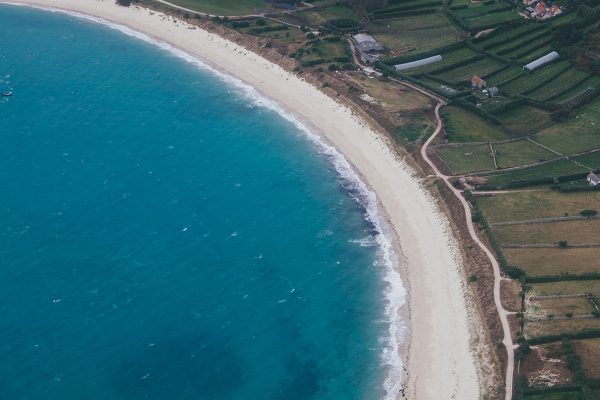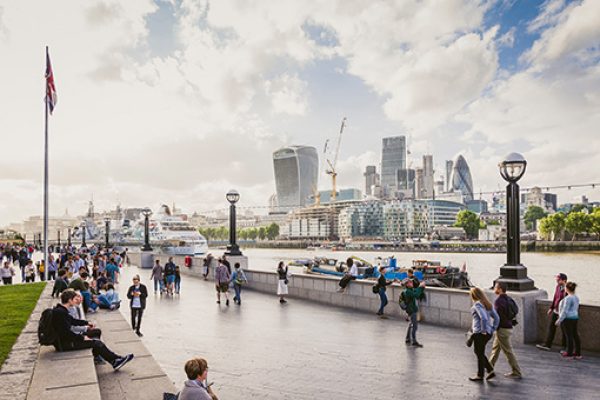The effects of ‘nature’ on mental health and subjective well-being have yet to be consistently integrated into ecosystem service models and frameworks. To address this gap, we used data on subjective mental well-being from an 18-country survey to test a conceptual model integrating mental health with ecosystem services, initially proposed by Bratman et al. We analysed a range of individual and contextual factors in the context of 14,998 recreational visits to blue spaces, outdoor environments which prominently feature water. Consistent with the conceptual model, subjective mental well-being outcomes were dependent upon on a complex interplay of environmental type and quality, visit characteristics, and individual factors. These results have implications for public health and environmental management, as they may help identify the bluespace locations, environmental features, and key activities, that are most likely to impact well-being, but also potentially affect recreational demand on fragile aquatic ecosystems.
Blue space visits and mental health in an ecosystem services framework
PublishedGold open access in Scientific Reports ›Full citation
Garrett, J.K., White, M.P., Elliott, L.R. et al. Applying an ecosystem services framework on nature and mental health to recreational blue space visits across 18 countries. Sci Rep 13, 2209 (2023). https://doi.org/10.1038/s41598-023-28544-w














